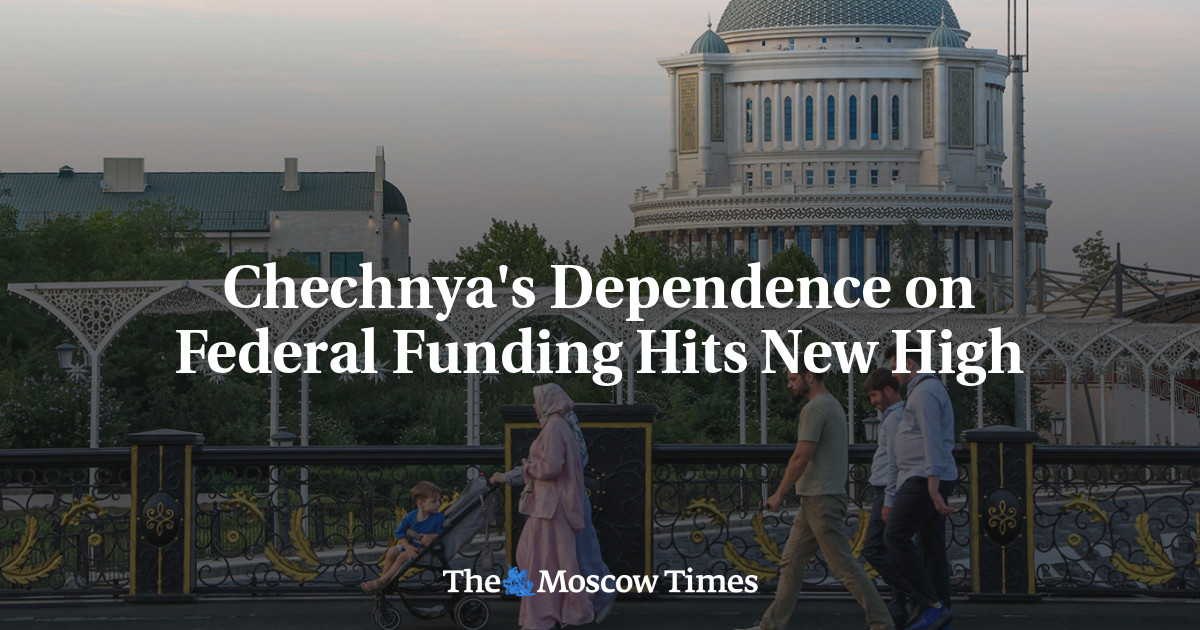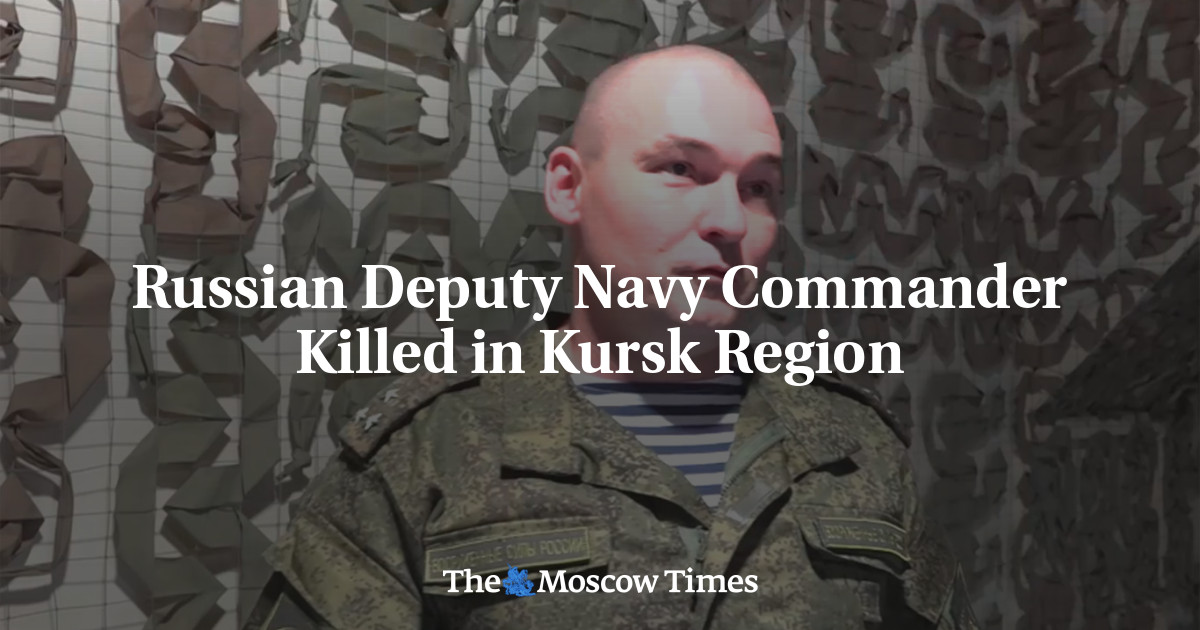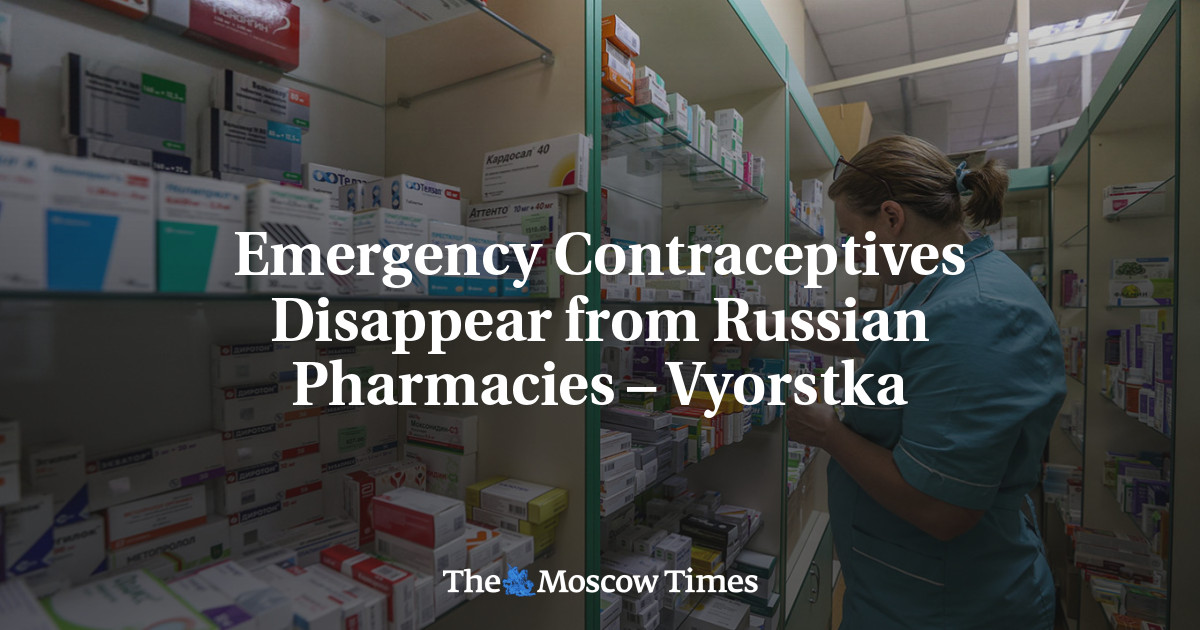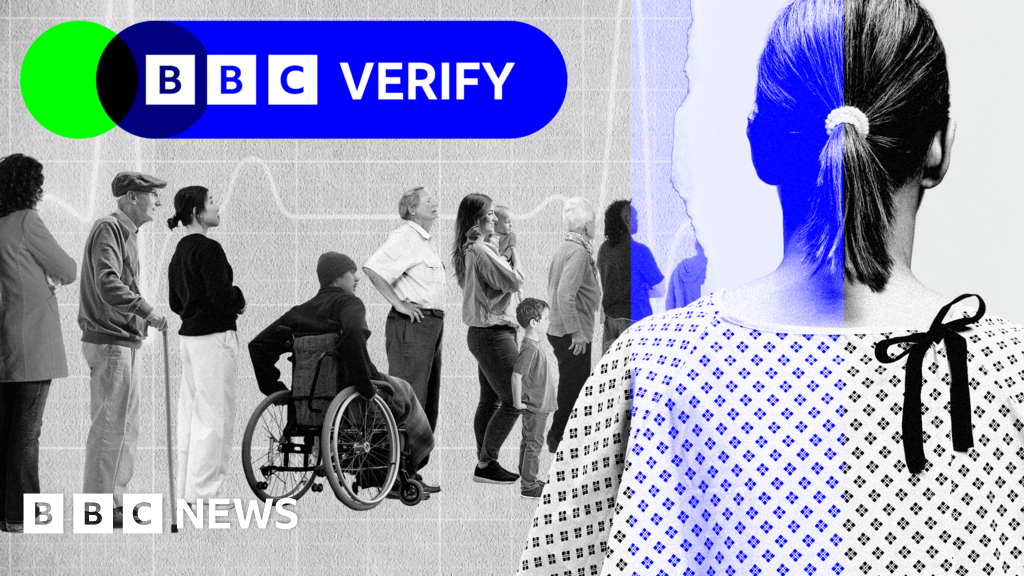U.S. immigration authorities detained and revoked the visa of a Russian scientist who opposes the war in Ukraine and had been conducting genetic research at Harvard Medical School, her friends and colleagues said this week.
Ksenia Petrova was stopped at Boston Logan International Airport on Feb. 16 after returning from a personal trip in France. U.S. officials revoked her research visa for failing to properly declare frog embryos she had brought with her, according to The Harvard Crimson.
U.S. Customs and Border Protection (CBP) officers detained Petrova after she expressed fears of political persecution if she returned to Russia, the student newspaper reported, citing her lawyer Gregory Romanovsky.
Romanovsky said that failure to declare an item at customs typically results in a fine of up to $500 and confiscation of the item but does not grant CBP the authority to cancel a visa.
Petrova’s Harvard Medical School supervisor, Leon Peshkin, told The Guardian that he had “made a huge mistake” in asking Petrova to bring the frog embryo samples from French colleagues. According to him, Petrova made a paperwork error on her U.S. customs declaration.
Petrova was reportedly arrested in Russia in 2022 for protesting the country’s full-scale invasion of Ukraine. Her Facebook profile features anti-war posts, including a Change.org petition calling for President Vladimir Putin’s impeachment.
She arrived in Boston from the South Caucasus country of Georgia in the spring of 2023 after being hired for bioinformatics research, according to a Facebook post by her friend Cora Anderson.
After her detention, Petrova was transferred to an Immigration and Customs Enforcement (ICE) facility in Vermont, then to another facility in Louisiana, where she is currently being held with at least 70 other inmates awaiting deportation, Romanovsky said.
Anderson wrote that Petrova was being considered for a new work visa and job offer, but noted that the process would take several months. Meanwhile, she organized a GoFundMe campaign to cover Petrova’s legal and living expenses, which has raised nearly $40,000 since Wednesday.
Romanovsky said he filed multiple petitions, including a request for Petrova to be released on parole, which was denied on March 14, as well as an asylum application and a challenge to the visa revocation.
Petrova’s pre-trial hearing is scheduled for May 7, and Romanovsky expects the legal process to take “several” months. If deported, she will be sent to France, where she holds a Schengen visa allowing her to stay in EU countries for up to three months.
“She cannot return to Russia without being jailed or harmed,” The Harvard Crimson quoted Romanovsky as saying. “It’s going to be a suicide for her to go back.”
A Message from The Moscow Times:
Dear readers,
We are facing unprecedented challenges. Russia's Prosecutor General's Office has designated The Moscow Times as an "undesirable" organization, criminalizing our work and putting our staff at risk of prosecution. This follows our earlier unjust labeling as a "foreign agent."
These actions are direct attempts to silence independent journalism in Russia. The authorities claim our work "discredits the decisions of the Russian leadership." We see things differently: we strive to provide accurate, unbiased reporting on Russia.
We, the journalists of The Moscow Times, refuse to be silenced. But to continue our work, we need your help.
Your support, no matter how small, makes a world of difference. If you can, please support us monthly starting from just $2. It's quick to set up, and every contribution makes a significant impact.
By supporting The Moscow Times, you're defending open, independent journalism in the face of repression. Thank you for standing with us.
Continue
![]()
Not ready to support today?
Remind me later.
 (1).png)
 3 months ago
26
3 months ago
26

















